
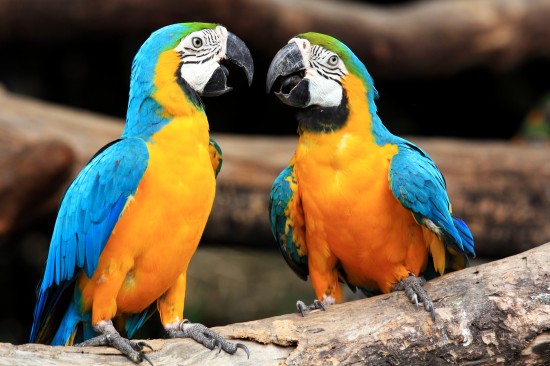
Macaws are very large birds that are active and noisy so a change to either of these normal behaviours can be the first sign of a health of behavioural problem. Similarly, loss of weight when eating normally or refusal to eat is a classic sign of a problem along with ruffled plumage, drooping wings and a dirty vent area. While at the slightest sign of illness, it is best to seek a vet’s assistance, it never hurts to have a little knowledge about the kinds of things that can affect these wonderful birds.
Proventricular dilatation disease (PDD) is known as Macaw Wasting Disease but can affect a range of birds, mostly in the parrot family. This illness was always fatal in the past but new developments have been made into treatment that means this is not now always the case. The key to this improved survival comes from catching the disease at an early stage and treating it.
Researchers have discovered that there are certain periods of the bird’s life that they are most susceptible to PDD. Unweaned nestlings are the most susceptible while birds in breeding season can be at high risk and the symptoms most often show at that time. In general, the disease has periods where it is active and others of dormancy but can reoccur so never assume it has just gone away.
There are several key symptoms to watch for. Because PDD affects the stomach and associated organs, where it attacks nerves and causes inflammation, this is the area to watch. Symptoms may include depression, anorexia, weight loss, regurgitation, poor digestion, passing undigested food and either an increased or a decreased appetite. Sometimes the disease attacks the nervous system so symptoms can be a lack of coordination, staggering, weakness, loss of movement, seizures and paralysis.
If your bird is diagnosed with PDD, the vet will provide medication needed to help deal with any inflammations and to deal with the condition. As well as this, some supplements are recommended including Milk Thistle, which can help increase motility and Emeraid Omnivore, which is great for helping balance nutritional needs. Consult your vet, however, before providing any supplements.
PBFD is a disease caused by a circovirus that infects and kills the cells that make up the feathers and the beak and also causes impairment of the immune system. While it doesn’t kill birds itself, it can lead to them contracting other illnesses that may prove fatal. It first showed in cockatoos but has since been shows in macaws among other parrot family birds.
It can be passed from bird to bird and if their immune system doesn’t fight back, it can be fatal. It is also highly contagious so any birds suspected to have it should be quarantined. Symptoms include: feather and beak abnormalities, missing feathers, loss of appetite, diarrhoea and regurgitation of food.
Boosting the immune system is the most important way to help the birds fight off the infection and any secondary infections.
Sometimes people don’t realise the bird has the condition and think they are merely moulting. Signs that there is something wrong can be such as feathers that are clubbed and short, feather shafts that break very easily, deformities to the beak and even splitting of the beak.
Psittacosis is also known as parrot fever but can affect birds, humans and other animals. It is caused by a bacteria called Chlamydia psittaci. The symptoms vary depending on which strain the bird is infected by as well as age, species and any other infections that the bird has.
Some birds don’t show any symptoms when infected with the disease but those that do include respiratory problems such as laboured breathing, noisy breathing and sinus infections. Eye discharge or swelling can be seen as well as be lethargic, fluffed up feathers, loss of appetite and weakness. They can also become dehydrated, urinate excessively or show strangely coloured faeces. If it transmits to humans, the symptoms are similar to influenza.
It is transmitted in the droppings and nasal discharges of infected birds and someone inhales these when they have dried. Macaws are particularly susceptible when young or stressed. The infection can also live in an inactive carrier state.
Diagnosis will be done by a vet using the white blood cell count and prognosis for recovery depends on various factors. Antibiotics are given, at which point calcium has to be removed from the bird as this can have a negative effect on the drugs.
Feather plucking can be a symptom of various illnesses as well as a behavioural problem. One reason for plucking of healthy feathers can be malnutrition as well as deficiencies in vital minerals such as calcium, zinc, manganese and magnesium. These can also lead to brittle and frayed feathers as well as itchy skin and bald spots.
Boredom is another reason birds may pluck their feathers. If they don’t have the right amount and variation of toys in their cages and enough time out of the cage, they can develop behavioural problems which can result in feather plucking as well as screaming.
Not receiving enough light is another reason that birds can pluck feathers. If they are kept in dark places, depression can set in and also a deficiency in vitamin D can have a similar effect.
Stress is another important reason for feather plucking. There are some supplements available to help reduce stress and then help the feathers grow back but it is always best to consult with a vet before giving your bird anything.
It is always important to fully understand what is causing the problem before trying to remedy it as if you remedy a non-existent problem, nothing will get better with the existing problem and you could create a new one. Get advice from a vet and from other macaw keepers to help isolate what is causing the behavioural problem so you can remedy it once and for all and have a happy bird once again.
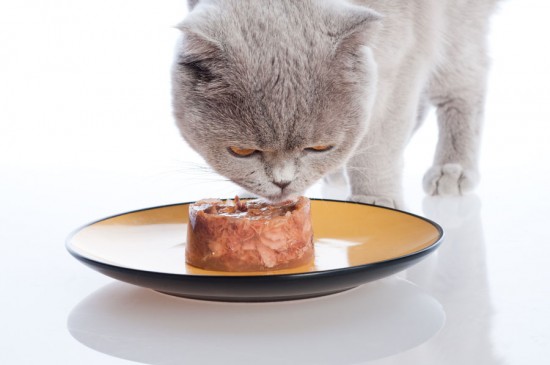 Feeding A Fussy Feline: Owner’s Manual
Feeding A Fussy F
Feeding A Fussy Feline: Owner’s Manual
Feeding A Fussy F
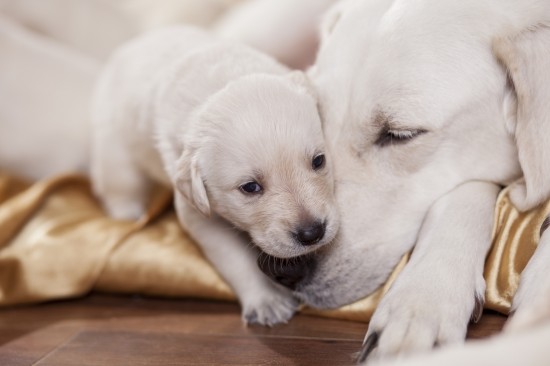 Problems That Can Arise From Weaning Puppies Too Early
Problems That Can
Problems That Can Arise From Weaning Puppies Too Early
Problems That Can
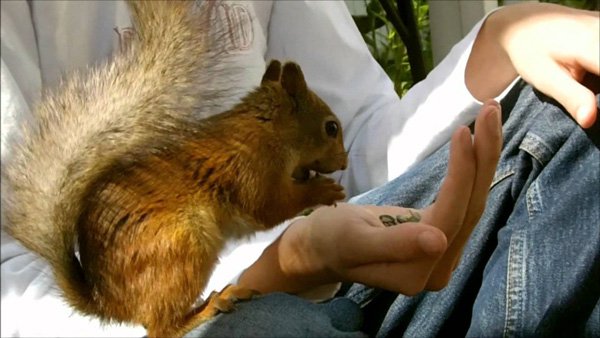 Things You Have to Know about Pet Products
Things You Have to Know about Pet Products
To
Things You Have to Know about Pet Products
Things You Have to Know about Pet Products
To
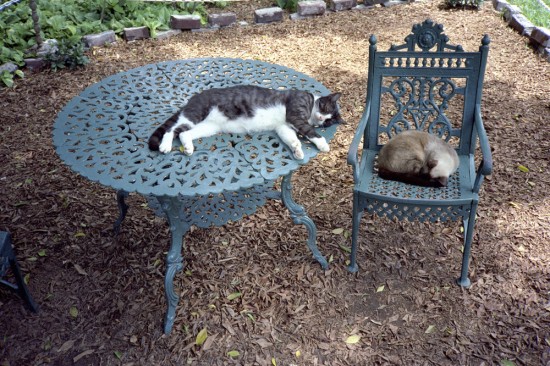 Cats As Zoo Animals : The Hemingway Cats Controversy
Cats As Zoo Anima
Cats As Zoo Animals : The Hemingway Cats Controversy
Cats As Zoo Anima
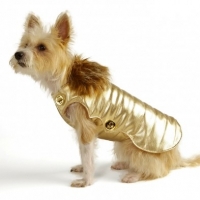 The Dog Clothing Debate: Who Really Needs It And Why?
The Dog Clothing Debate: Who Really Needs It and When?
The Dog Clothing Debate: Who Really Needs It And Why?
The Dog Clothing Debate: Who Really Needs It and When?
Copyright © 2005-2016 Pet Information All Rights Reserved
Contact us: www162date@outlook.com